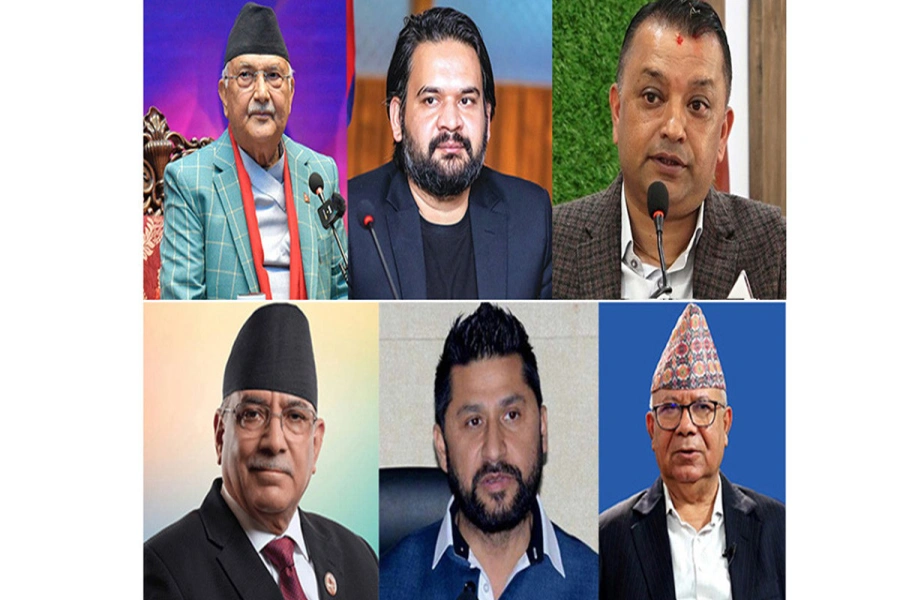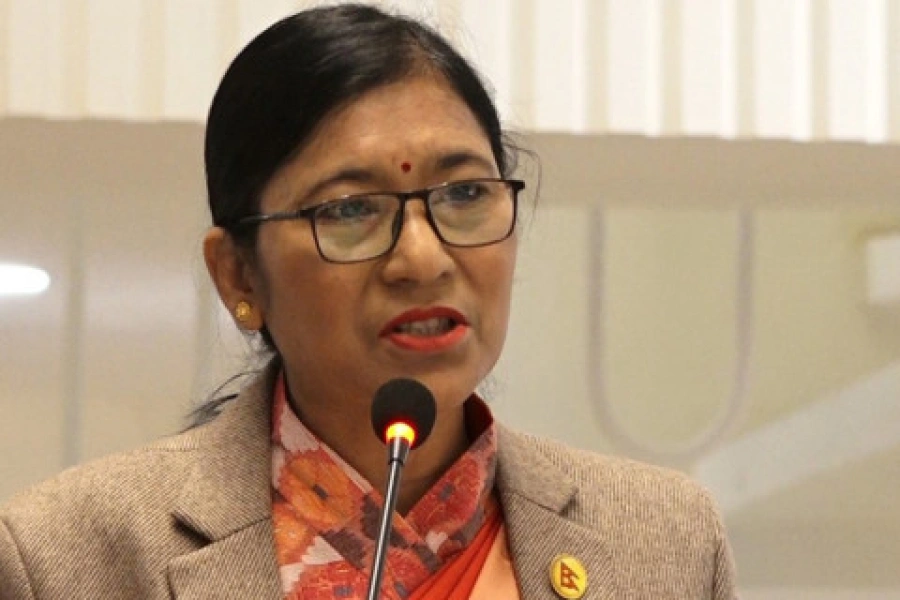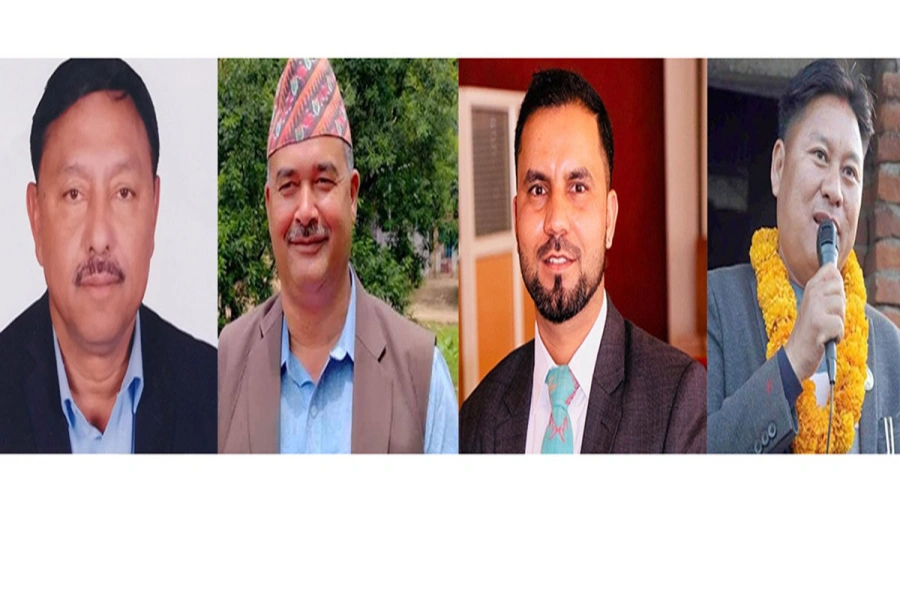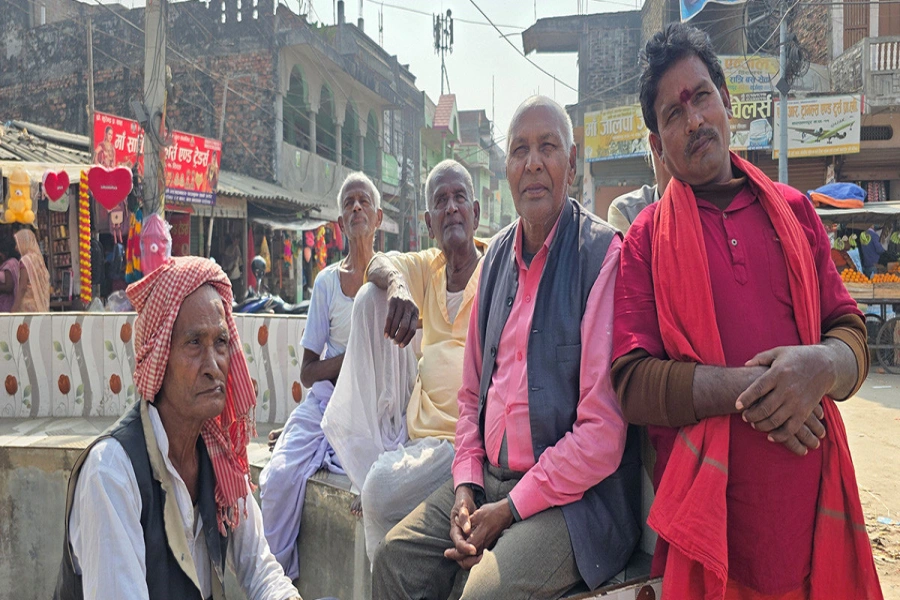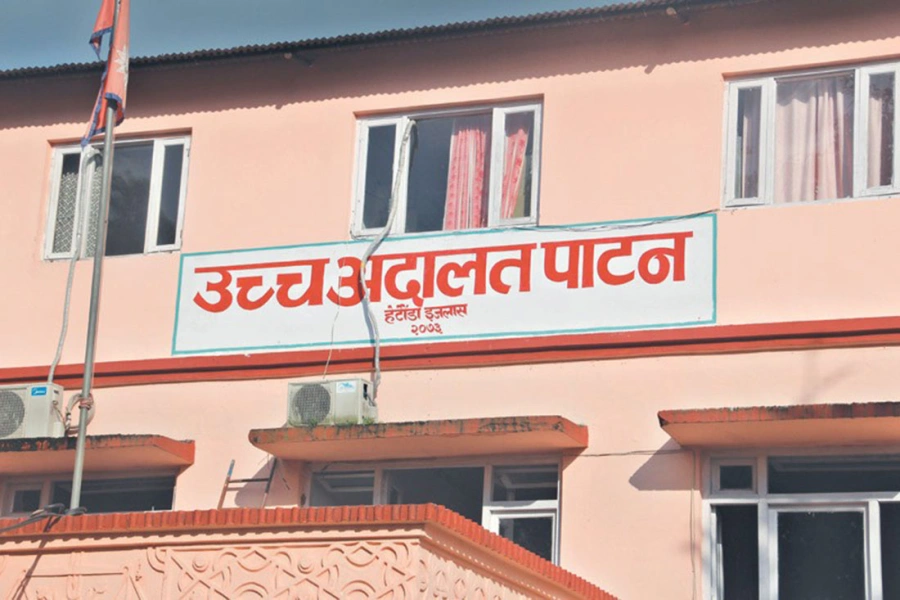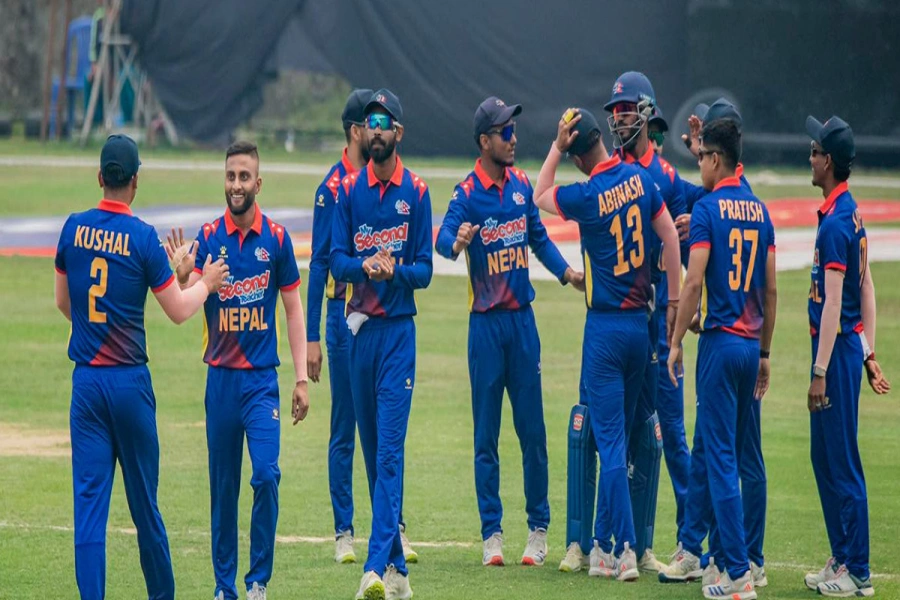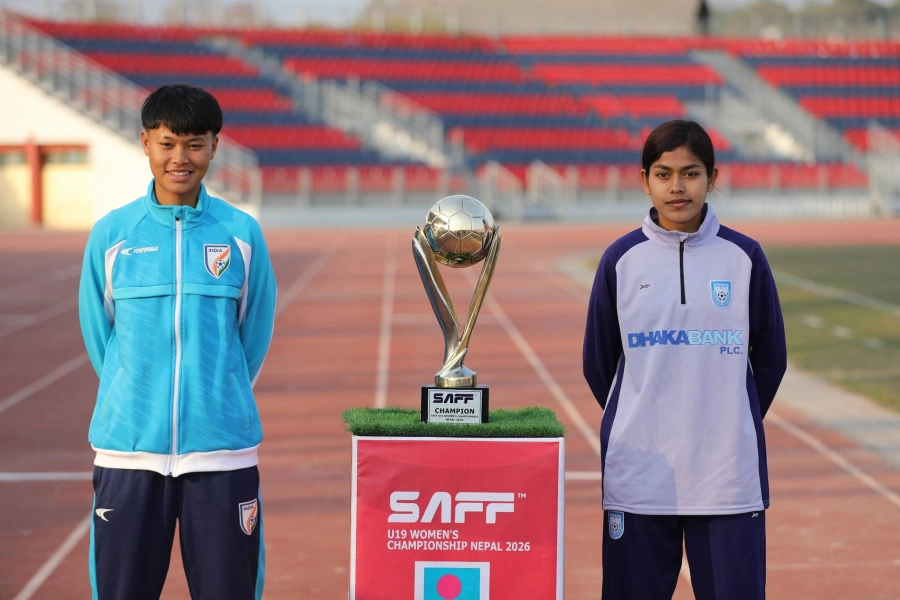Newari Bhoj organized by Fairfield Marriott was filled with music, culture, cuisine and a lot of delightful faces. The food served at the Bhoj was mouth-watering. The main idea behind the event was to promote Newari feasting culture and its grandiose heritage.
As eponymous, most of the crowd and chefs consisted of Newars. The attendees, however, were more diverse, including domestic as well as international tourists.
The event was organized by the housewives of Nepal Government Employees (Nijamati Karmachari). The women, instead of staying at their houses, thought it’d be better to engage in a productive activity: the promotion of Newari culture. The homemakers came together to share each of their cuisines and make the event a success.
Indrachowk Newari Bara: A Local Newari Cuisine Eatery

As scheduled, the event started at seven in the evening. According to Sharmila Rajbhandari, a participating and comparatively new chef, the preparation had started around 11 in the morning. The effort that these women had put into made the food heavenly.
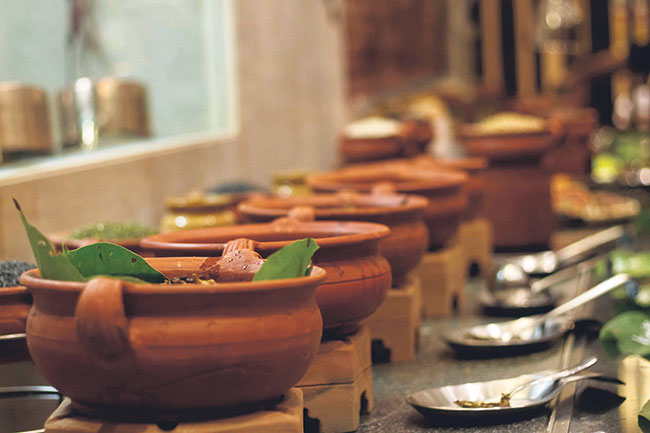
The specialty about the food was in the variety. From the three types of pickles that burned one’s tongue to the sweet Yomari made from Khuwa would linger on one’s mouth for long; a variety of Newari cuisines served on tapari (plates made of beetle leaves) shaped a unique experience. Aila (a special Newari wine) was also served alongside the dish.
Sharmila she said her favorite part of the dish was choila. To make the dish, she explained, “The meat is first boiled, then fried, and then mixed with a lot of spices. The boiled meat is fried in mustard oil and it gives a distinct taste to the dish.”
The highlights of the Bhoj, without exception, included Manjushree and Lakhe dance. These dances were not only culturally enriching, but were also exciting enough to inspire curiosity among the young generation.
Marriott hotel, the venue, focused extensively on its hospitality during the event. The hotel’s correspondence had uniforms belonging to the Newari culture and helped in interpreting the language and culture to the non-Newar visitors. When it came to the food, they would explain the severity of the dish. For example, they informed to abstain from aila if visitors did not have enough tolerance.
The event started on Friday and is open to public for 10 days.





